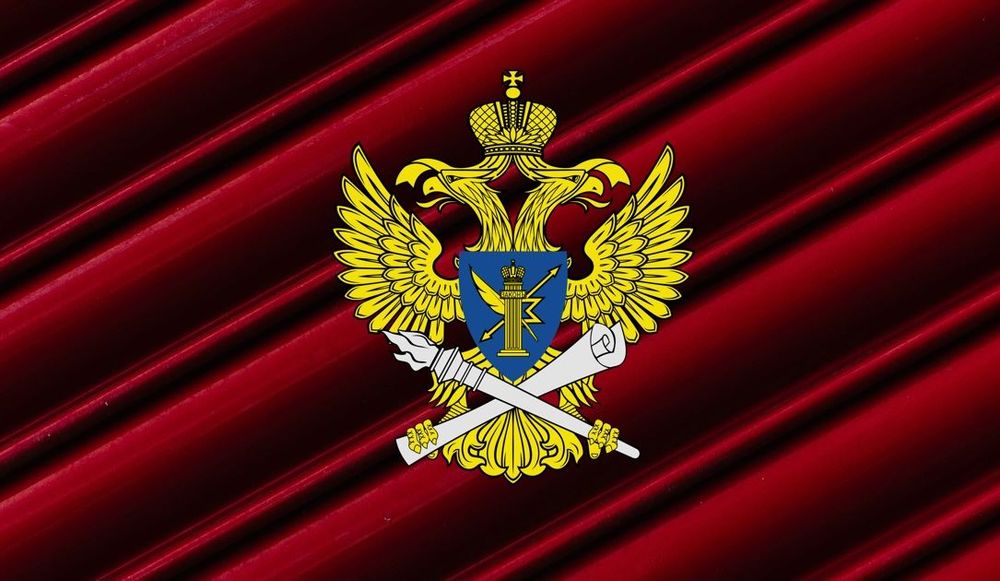Russia social media outage likely caused by state internet regulator
Russia experienced another major social media outage this week, with messaging apps like Telegram, WhatsApp and Viber going down for thousands of citizens.
According to a Russian internet monitoring website, messaging apps were mostly unavailable on Tuesday in the Siberian city of Novosibirsk and the far eastern regions of Khabarovsk Krai and Sakha. Residents of Moscow and St. Petersburg also experienced outages.
This is the second major social media shutdown in Russia in the past two weeks.
Last week, Telegram and WhatsApp experienced disruptions in the remote Russian region of Bashkortostan, where hundreds of people took to the streets to protest against the sentencing of a local activist. Russian media speculated that the messaging apps were deliberately taken offline in the region to silence the protestors.
This time, local authorities in the Sakha region attributed the outage to the Russian internet watchdog Roskomnadzor.
“At the moment, all communication lines and cellular operators are working normally. The temporary failure of the messengers is connected to preventive measures coordinated with Roskomnadzor,” said Andrey Suslov, deputy minister of information and communication technologies of Sakha Republic. He didn't specify what these “preventive measures” include.
It is possible that Roskomnadzor coined this term to describe all of its future internet censorship efforts, according to Stanislav Shakirov, a co-founder and technical director of the Russian digital rights organization Roskomsvoboda.
Shakirov told Recorded Future News that recent outages could be connected to protests in Russian regions, as Roskomnadzor wanted to check how shutting down messengers could impact the protestors.
Roskomnadzor is notorious for its censorship initiatives and infringement on digital rights. Its responsibilities include banning websites and apps deemed harmful to the Kremlin's regime.
Last year, Roskomnadzor temporarily disconnected Russia from the global internet to test how its own internet, often referred to as the Runet, would work independently from the rest of the world.
The recent messenger outage may also be the latest step in the development of the Russian “sovereign internet,” Roskomsvoboda’s experts say.
Digital censorship
Shutting off communication infrastructure in response to protests or opposition is a common practice in countries where digital freedoms are suppressed, including Iran, China, Belarus, and Cuba.
Earlier in January, for example, Pakistan experienced nationwide internet outages, reportedly intended to disrupt a virtual rally held by the party of the jailed former Prime Minister Imran Khan ahead of the general elections in February.
Back in 2019, Russian tech regulators acknowledged that they lacked the technical capabilities to shut down social networks like Telegram, as they only blocked the IP addresses of the messenger, slowing down its operation. To get around this, some apps, including virtual private networks (VPNs), frequently change their IP addresses.
Recently, however, Russia came up with a new system. According to a report from The Insider, a Russian independent media outlet, Russia is actively acquiring technology to block websites and applications based on their network protocols. In April and June, Russia started blocking VPNs based on protocols, which caused most apps to stop working for Russian users for a few days.
It does not appear to be foolproof, however. Amid the recent outage, reports said Russians were able to access blocked messengers using VPNs. Shakirov suggests that Roskomnadzor will continue its efforts to combat VPNs to make it entirely impossible to get around shutdowns.
Given that Russia is anticipating elections this year, the Kremlin will likely tighten its grip on the internet even further.
“Most likely, such shutdowns (of both individual services and the entire internet) will be local: in a certain city, district, maybe region,” said Artem Kozlyuk, head of Roskomsvoboda. “But they are unlikely to be long-term; prolonged, large-scale shutdowns would already have economic and social consequences.”
Daryna Antoniuk
is a reporter for Recorded Future News based in Ukraine. She writes about cybersecurity startups, cyberattacks in Eastern Europe and the state of the cyberwar between Ukraine and Russia. She previously was a tech reporter for Forbes Ukraine. Her work has also been published at Sifted, The Kyiv Independent and The Kyiv Post.



